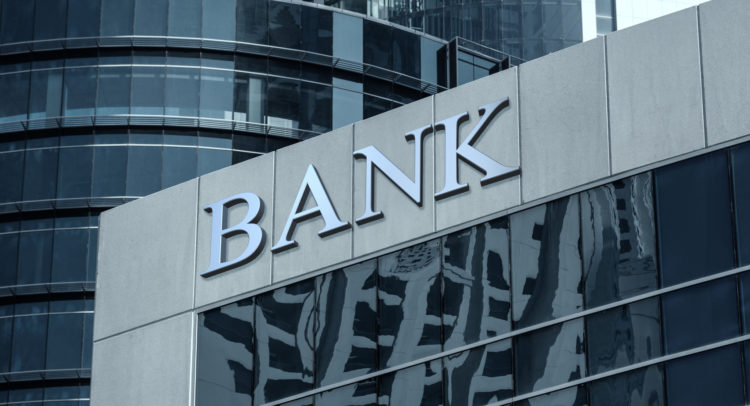Slm Corporation ((SLM)) has held its Q2 earnings call. Read on for the main highlights of the call.
Elevate Your Investing Strategy:
- Take advantage of TipRanks Premium at 55% off! Unlock powerful investing tools, advanced data, and expert analyst insights to help you invest with confidence.
Sallie Mae’s recent earnings call presented a mixed sentiment, highlighting robust financial performance and the promising effects of federal loan reforms on future growth. However, the company also faces challenges in loan origination volumes and increased credit loss provisions, compounded by the impacts of natural disasters.
Strong Financial Performance
Sallie Mae reported a GAAP diluted EPS of $0.32 per share for the second quarter, reflecting strong financial performance. The net interest income reached $377 million, marking an increase of $5 million from the previous year, with a net interest margin of 5.31%, slightly ahead of the prior quarter.
Improved Credit Quality
The company noted an improvement in credit quality for its originations compared to the second quarter of 2024. The cosigner rate rose to 84% from 80%, and the average FICO score at approval increased to 754 from 752, indicating a more robust credit profile.
Significant Share Repurchase
Sallie Mae executed a significant share repurchase, buying back 2.4 million shares at an average price of $29.46 per share. This move reduced the outstanding shares by over 53% since 2020, demonstrating a strong commitment to returning value to shareholders.
Positive Momentum from Federal Loan Reforms
The company is optimistic about the recent federal student loan reforms, which are anticipated to generate an additional $4.5 billion to $5 billion in annual private education loan origination volume once fully realized, providing a substantial boost to future growth.
Loan Origination Challenges
Loan originations for the second quarter totaled $686 million, consistent with the same period last year but slightly below expectations. This shortfall is attributed to challenges faced by nontraditional school partners, highlighting an area of concern for the company.
Increased Provision for Credit Losses
The provision for credit losses rose significantly to $149 million in the second quarter, up from $17 million in the prior year. This increase reflects a more cautious macroeconomic outlook, impacting the company’s financial stability.
Higher Delinquency Rates
The delinquency rates for private education loans increased slightly, with 3.5% of loans in repayment being delinquent for 30 days or more, compared to 3.3% at the end of the year-ago quarter, indicating a potential risk area.
Impact of California Wildfires on Charge-offs
Net private education loan charge-offs in the second quarter were $94 million, an increase of 17 basis points compared to the second quarter of 2024. This rise is primarily due to disaster forbearance related to the California wildfires, affecting the company’s charge-off rates.
Forward-Looking Guidance
Looking ahead, Sallie Mae remains optimistic about the long-term outlook for private student lending, particularly in light of recent federal student loan reforms. The company anticipates year-over-year growth in their private student loan portfolio for the second half of 2025, aligning with their annual expectations.
In conclusion, Sallie Mae’s earnings call reflects a positive overall sentiment with strong financial performance and promising prospects from federal loan reforms. However, challenges such as loan origination volumes, increased credit loss provisions, and natural disaster impacts present areas of concern. The company remains optimistic about future growth, driven by strategic initiatives and favorable policy changes.
















